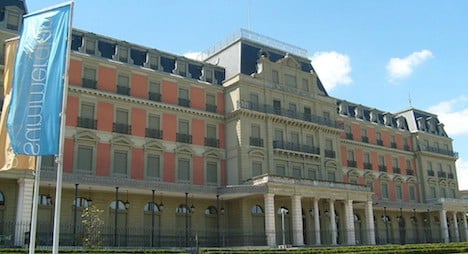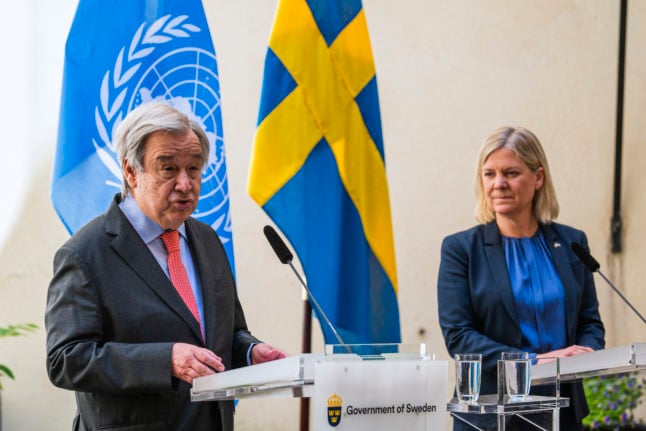"On the evidence currently available, it was not possible to reach a finding about the chemical agents used, their delivery systems or the perpetrators," the team probing human rights violations in Syria said in its latest report.
It was clear, however, that "the majority of casualties result from unlawful attacks using conventional weapons," the Commission of Inquiry on Syria said in a statement.
Forces loyal to President Bashar al-Assad's regime "have continued to conduct widespread attacks on the civilian population, committing murder, torture, rape and enforced disappearance as crimes against humanity," according to the report, which covers the period from May 15th to July 15th.
It also charged that anti-government groups had "committed war crimes," including murder, torture and hostage-taking.
Since the beginning of the year, the commission concluded that government-loyal forces were responsible for eight massacres, while opposition forces had committed one. Nine others were still under investigation.
The report does not address the period after July 15th, which includes the August 21st suspected chemical attack on civilians near Damascus that sparked international outrage and could still lead to US-led military strikes, despite intense diplomatic efforts to avoid them.
In Wednesday's statement though, the four-member commission led by Brazilian Paulo Sergio Pinheiro insisted on the "need for accountability, both to bring to justice those who used them (chemical weapons, if confirmed) . . . and to deter anyone else from using these abhorrent methods of warfare."
The commission, which has been tasked with probing rights violations in Syria since shortly after the conflict erupted in March 2011, warned that the conflict in Syria which has already left more than 100,000 people dead and forced more than two million Syrians to flee the country, "has taken a dangerous turn."
"Failure to bring about a political settlement has allowed the conflict not only to deepen in its intransigence but also to widen, expanding to new actors and to new, previously unimaginable crimes," the commission said.
Thee investigators, who are set to present their findings to the UN Human Rights Council in Geneva on Monday, however rejected military action as a solution to the crisis.
"There is an urgent need for a cessation of hostilities and a return to negotiations, leading to a political settlement," the commission said, warning that military strikes would "not only intensify the suffering inside the country but will also serve to keep such a settlement beyond our collective reach."
The report came amid renewed hope that a Russian diplomatic initiative could rid the Assad regime of chemical weapons and remove the need for a "limited" US-led military strike on Syria.



 Please whitelist us to continue reading.
Please whitelist us to continue reading.
Member comments